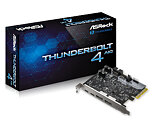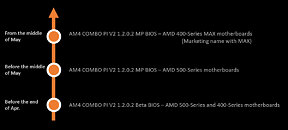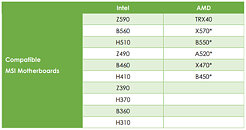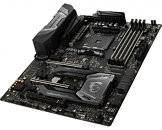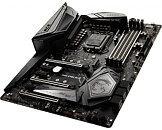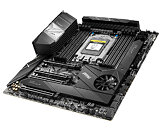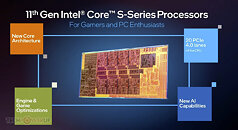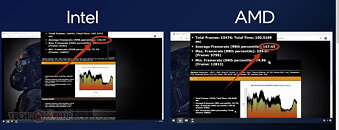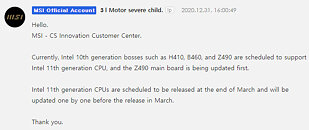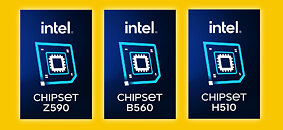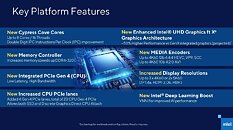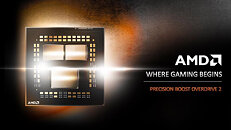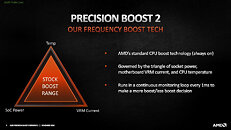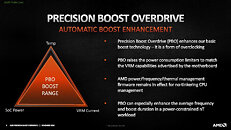
Sennheiser Announces HD 550 Hi-Fi Headphones
The Sennheiser brand today unveiled the HD 550, a Hi-fi headphone that balances revealing performance with effortlessly smooth tuning. Boasting sprawling stereo imaging and an ultra-light build, the HD 550 is an open invitation to unpack the lush layers of today's music and games for hours on end.
"Audiophiles looking for featherlight headphones with honest voicing and deep bass extension are in for a treat," said Klaus Hanselmann, Sennheiser Audiophile Product Manager. "While the HD 550's airy detail is obvious, customers will fall in love with its delightfully polite touch - perfect for listening for hours on end."
"Audiophiles looking for featherlight headphones with honest voicing and deep bass extension are in for a treat," said Klaus Hanselmann, Sennheiser Audiophile Product Manager. "While the HD 550's airy detail is obvious, customers will fall in love with its delightfully polite touch - perfect for listening for hours on end."











